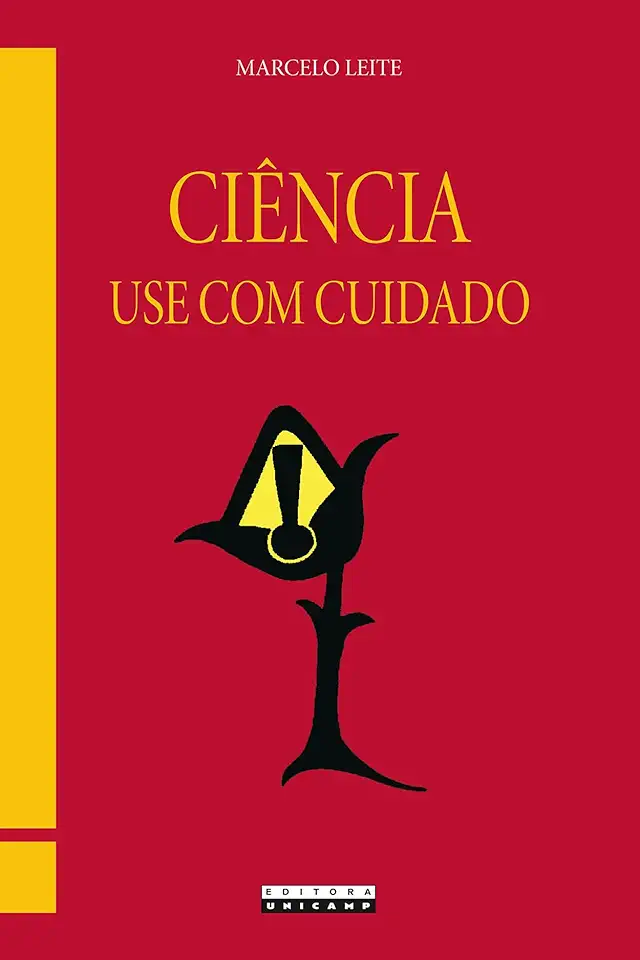
Science Use With Care - Marcelo Leite
Science Use With Care: A Comprehensive Guide to the Responsible Use of Science and Technology
Introduction
In the 21st century, science and technology have become an integral part of our lives. From the moment we wake up to the moment we go to bed, we are constantly interacting with technology in some way or another. This has led to tremendous progress and innovation, but it has also raised important questions about the responsible use of science and technology.
In his book, "Science Use With Care," Marcelo Leite provides a comprehensive guide to the ethical and responsible use of science and technology. Drawing on a wide range of examples, Leite explores the potential benefits and risks of scientific advancements and offers practical advice on how to use them wisely.
Key Themes
Throughout the book, Leite emphasizes several key themes, including:
- The importance of understanding the potential risks and benefits of scientific advancements. Before we can use science and technology responsibly, we need to have a clear understanding of their potential impacts. This includes both the positive benefits that they can bring, as well as the potential risks that they pose.
- The need for ethical guidelines in the development and use of science and technology. As science and technology continue to advance, it is essential that we develop ethical guidelines to govern their use. These guidelines should ensure that scientific advancements are used for the benefit of humanity, and not to its detriment.
- The importance of public engagement in science and technology policy. The public has a right to be involved in the decisions that are made about the use of science and technology. This is because these decisions have the potential to impact our lives in profound ways.
Practical Advice
In addition to exploring the ethical and philosophical issues surrounding the use of science and technology, Leite also offers practical advice on how to use them responsibly. This advice includes:
- Being aware of the potential biases in scientific research. All scientific research is conducted by humans, and as such, it is subject to human biases. It is important to be aware of these biases so that we can critically evaluate the results of scientific studies.
- Seeking out multiple sources of information. When making decisions about the use of science and technology, it is important to seek out multiple sources of information. This will help you to get a more complete picture of the potential risks and benefits involved.
- Engaging in public discourse about science and technology. The public has a right to be involved in the decisions that are made about the use of science and technology. This is why it is important to engage in public discourse about these issues.
Conclusion
"Science Use With Care" is a valuable resource for anyone who is interested in the responsible use of science and technology. Leite provides a comprehensive overview of the ethical and philosophical issues involved, as well as practical advice on how to use science and technology wisely. This book is a must-read for anyone who wants to make informed decisions about the future of science and technology.
Call to Action
If you are interested in learning more about the responsible use of science and technology, I encourage you to read "Science Use With Care" by Marcelo Leite. This book is a valuable resource that will help you to understand the potential risks and benefits of scientific advancements and make informed decisions about their use.
Enjoyed the summary? Discover all the details and take your reading to the next level — [click here to view the book on Amazon!]